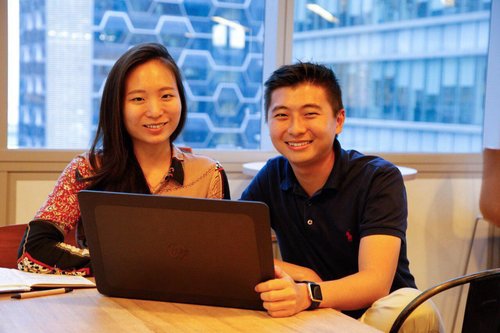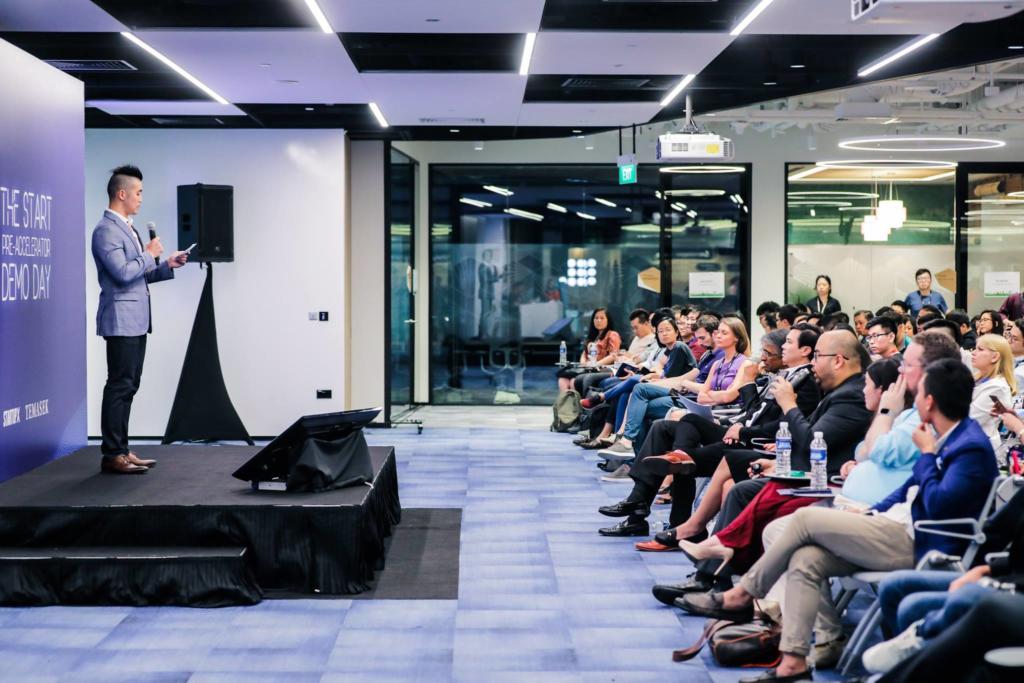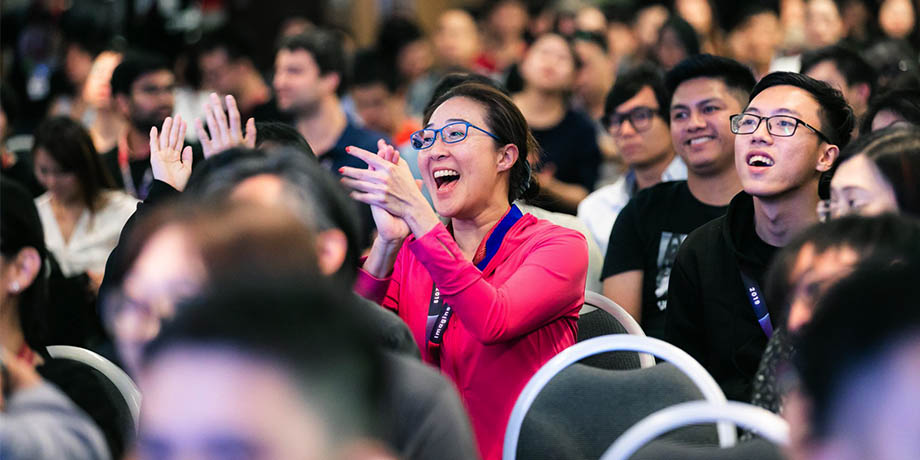Not everyone can be Wonder Woman, but wonderful women can do some really amazing things.
Women-led startups are breaking boundaries and paving the way for more innovations in the sustainability space. From tackling the global plastic crisis, to addressing the risk of global food shortage in coming years, or empowering more women through technology, these founders are changing the face and future of sustainability innovation.
In the theme of #ChooseToChallenge set out for International Women’s Day 2021, we’re putting the spotlight on these gamechangers and how they are challenging the status quo to help create a better and more sustainable world through their innovations.
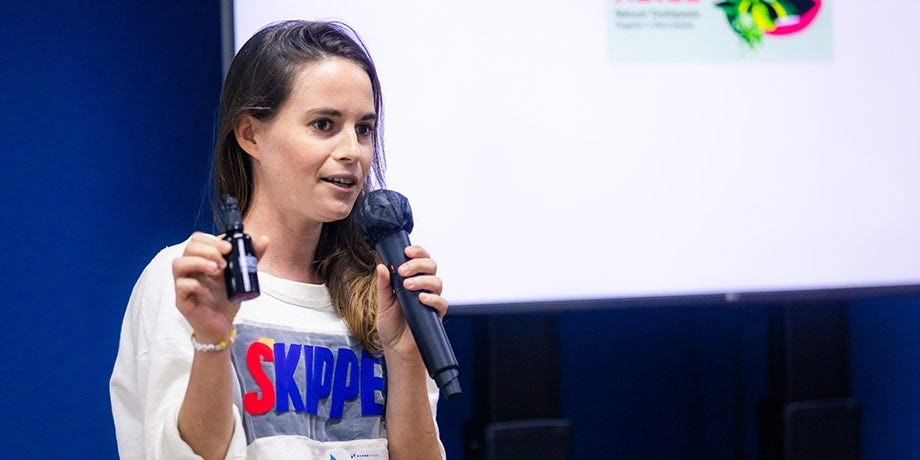
Co-founder of NOICE Morgane Soret
NOICE: Reducing environmental footprint through everyday products
Toothpaste, a simple and unassuming product that we use everyday, has resulted in 20 billion tubes of plastic being discarded every year. This number is set to rise to 25 billion by 2024.
Frustrated with the lack of sustainable toothpaste options on the market, Morgane Soret and her co-founders at NOICE took it upon themselves to launch a zero-waste, natural and organic toothpaste. Packaged in a reusable pump bottle that can be refilled with 100% compostable pods, NOICE’s products aim to reduce the environmental footprint produced by our dental routines.
And it seems consumers are hungry for change, as the team launched a killer Kickstarter campaign that generated over $55,000 in sales. The team also partnered with Loop to launch their product on the platform in the UK and Canada, making it easier for consumers around the world to kickstart their day in a natural, safe and zero-waste way.
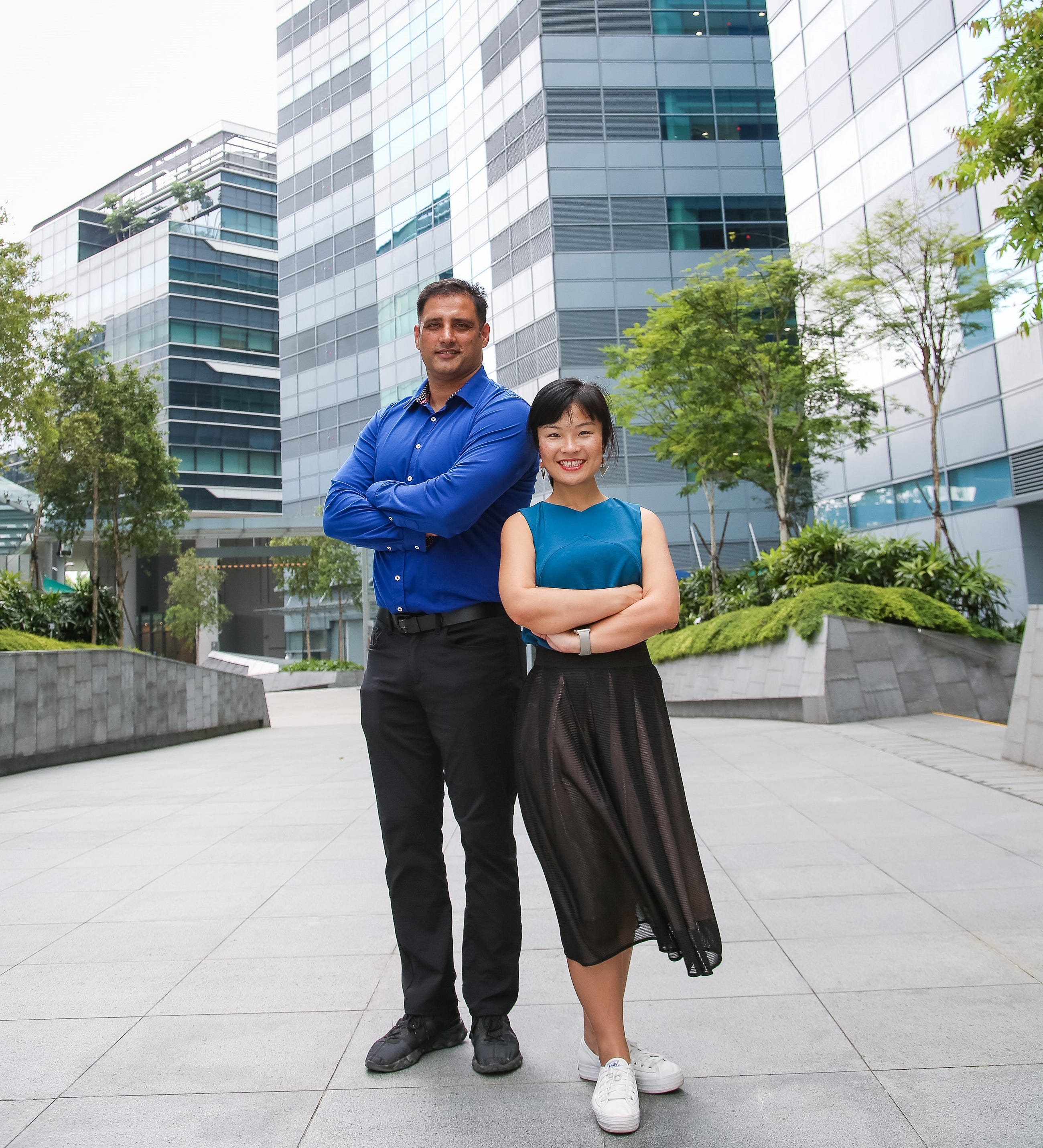 Co-founders of Turtle Tree Labs Max Rye (L) and Lin Fengru (R)
Co-founders of Turtle Tree Labs Max Rye (L) and Lin Fengru (R)
Turtle Tree Labs: Combating climate change with eco-friendly milk
Livestock farming is one of the biggest contributors to worsening climate conditions, and one startup has set an ambitious goal to farm milk in an eco-friendly way without the need for cows. While most companies look to plant-based sources such as oat and soy to create alternative milk, biotech company TurtleTree Labs, led by Lin Fengru and Max Rye, is the only one producing milk in its full composition. They use cell-based methods to create lab-grown milk, which aims to retain the same taste and composition as natural milk.
The team’s current focus is on producing the best quality of human breast milk in the lab. Setting their sights far and high, the team plans to debut their milk products later this year. Sustainable milk for the win!
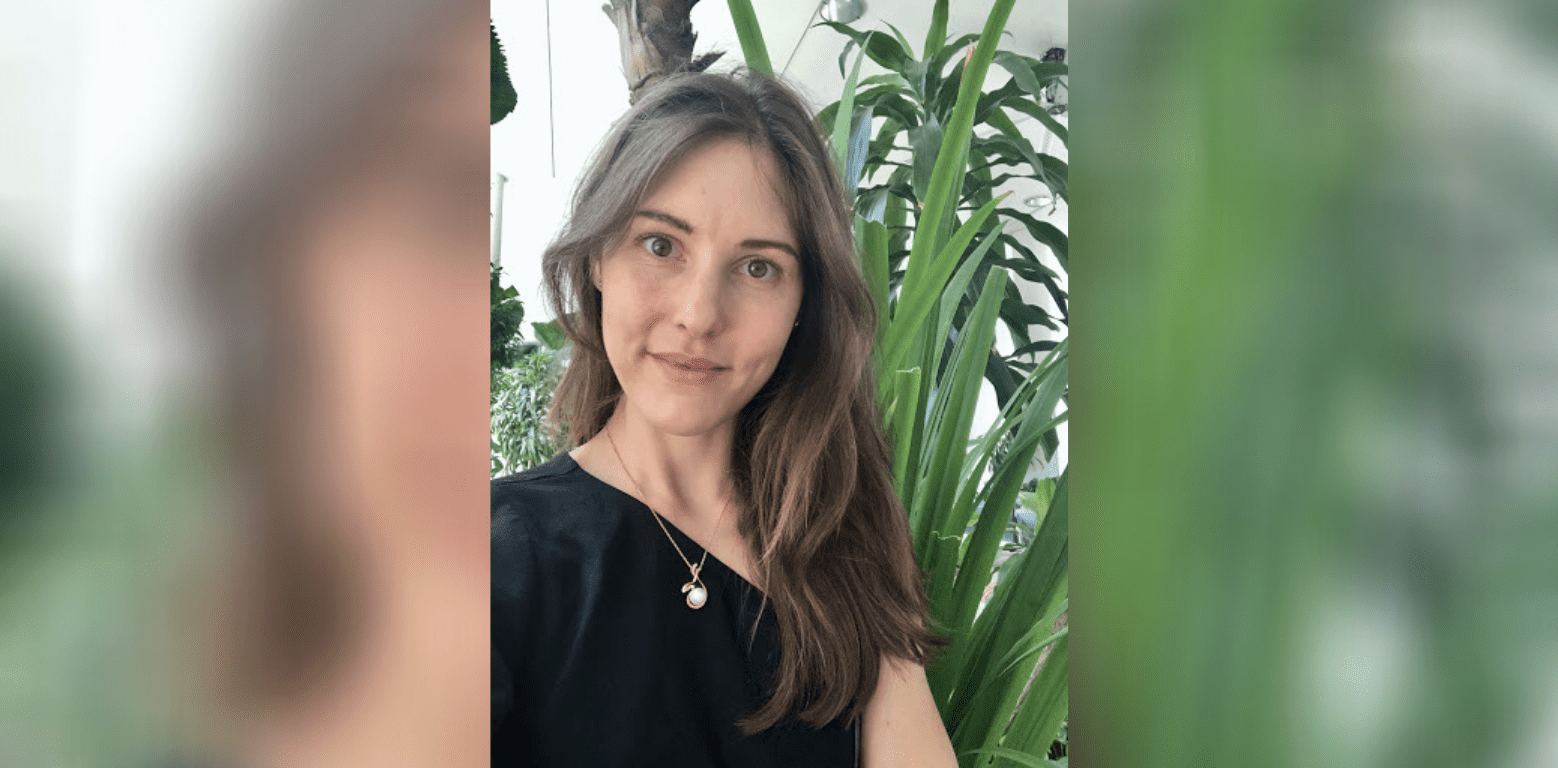 Co-founder of barePack Roxane Uzureau Zhu
Co-founder of barePack Roxane Uzureau Zhu
barePack: Bringing sustainable convenience to you
Food takeaways constitute one of the biggest contributors to single-use plastics on this side of the planet. Its convenience has been a huge reason why most people are slow to jump onto the BYO (Bring Your Own) movement since its launch in 2017.
barePack is doing away with these excuses with their reusable containers, where at select locations, you can opt to take away your food with their handy containers, available in various shapes and sizes to fit your meal, from soup, noodles to even hot beverages.
Their service is now available at over a hundred F&B merchants across the country, and the team, led by co-founder Roxane Uzureau Zhu, has also partnered food delivery companies like Deliveroo, GrabFood and foodpanda to make their containers available for delivery and pick-up orders. So next time you order takeaway, make sure you opt in and go green with barePack!
Co-founders of Shiok Meats Dr Ka Yi Ling (L) and Dr Sandhya Sriram (R)
Shiok Meats: Pioneering eco-friendly seafood in the lab
The race is on to invent and improve eco-friendly ways of meat production, with many companies focusing on alternative methods of creating beef, pork and chicken in the lab. Led by co-founders Dr Sandhya Sriram and Dr Ka Yi Ling, Shiok Meats is the only company exclusively focused on re-creating lab-grown shrimp, a staple in many Asian dishes. They unveiled their first prototype — a shrimp siew mai, back in April 2019, generating huge interest around the globe.
Not one to rest on their laurels, the team has moved quickly to launch the world’s first lobster meat prototype in November 2020, giving hope to us that someday in the very near future, we could be buying Shiok Meat’s products in our local supermarkets and bring some home to cook for dinner.
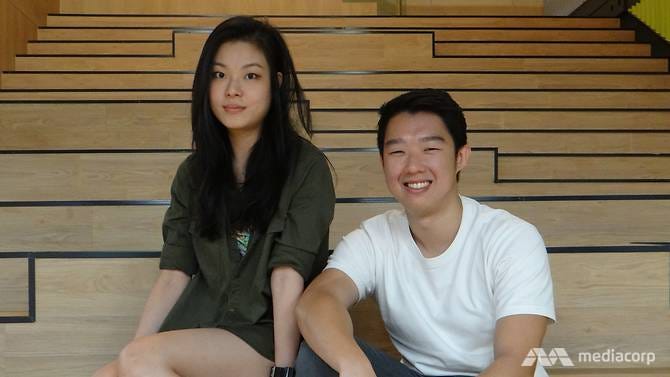
Co-founders of Magorium Oh Chu Xian (L) and Adriel Ng (R)
Magorium: Converting plastic waste into durable roads
The global plastic crisis is a call for people and companies alike to rethink the way we deal with single-use plastics, and waste tech startup Magorium is wasting no time in acting.
Oh Chu Xian and her co-founder Adriel Ng have spent the greater part of the last four years developing Magorium’s technology to turn plastic into roads. Today, they are able to recycle six types of plastic (more than any other company in the world), and break it down before adding them to bitumen to form a powerful mix that can be used in creating durable roads.
Their product has recently been used to lay roads on a factory site in Tuas and a condominium in Marymount. It’s a sign of greater things to come for the Magorium team, and one day you just may be driving on these plastic roads.
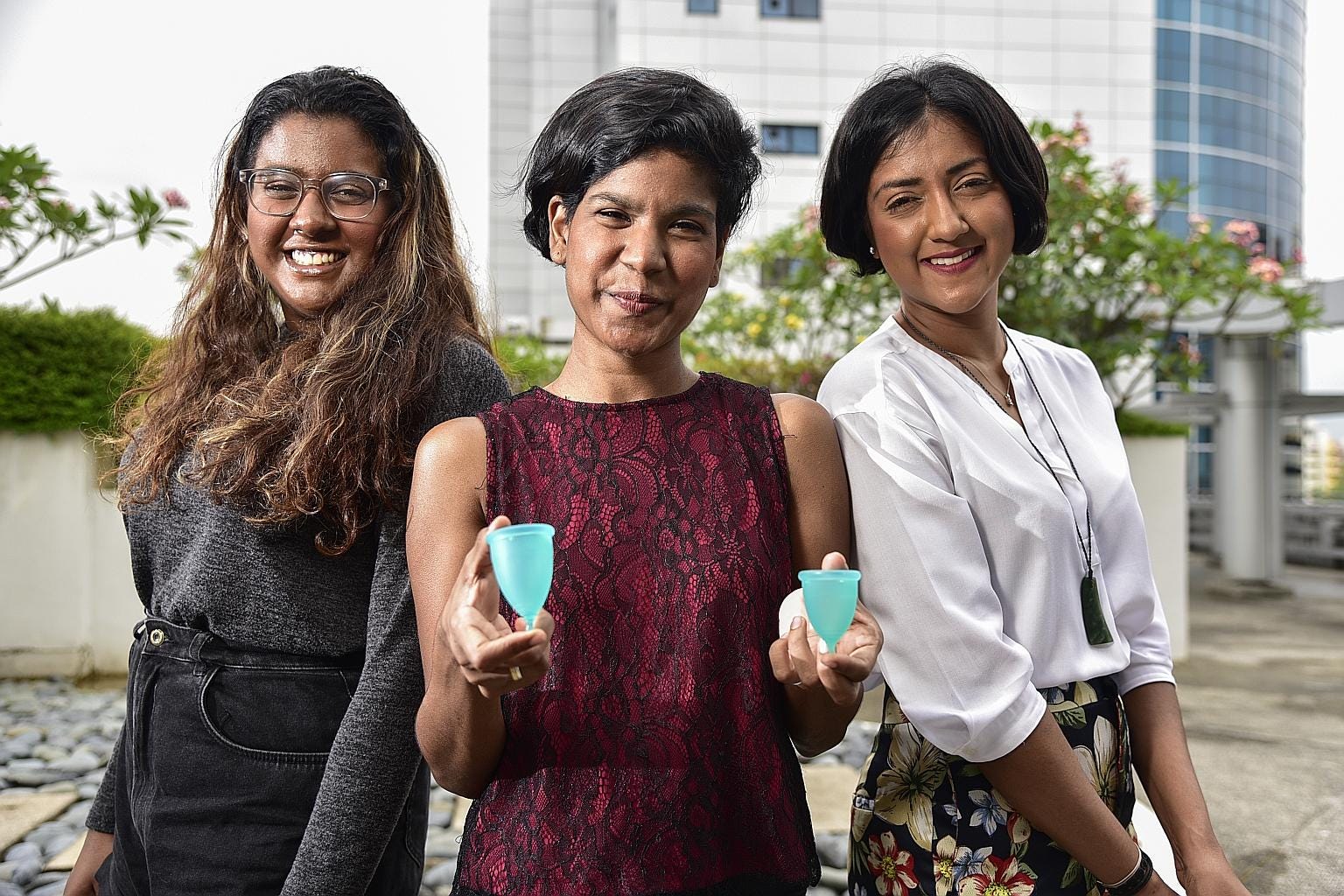 Co-founders of Freedom Cup Rebecca (L), Joanne and Vanessa Paranjothy (R)
Co-founders of Freedom Cup Rebecca (L), Joanne and Vanessa Paranjothy (R)
Freedom Cups: Empowering women with freedom while doing good
Vanessa, Rebecca and Joanne Paranjothy founded Freedom Cups to start a much-needed conversation on a taboo topic — periods. With the goal to educate on female hygiene and while doing good, the company offers a “buy one, give one” model where each purchase results in one menstrual cup being donated to women in underprivileged communities in Singapore, India, Nepal, the Philippines and Cambodia. The team has given over thousands of cups away since 2015.
For women living under the poverty line, sanitary napkins are a luxury, and receiving a menstrual cup has impacted their lives in many ways, while helping to reduce the amount of sanitary waste that ends up in landfills. A truly wonderful product indeed!






